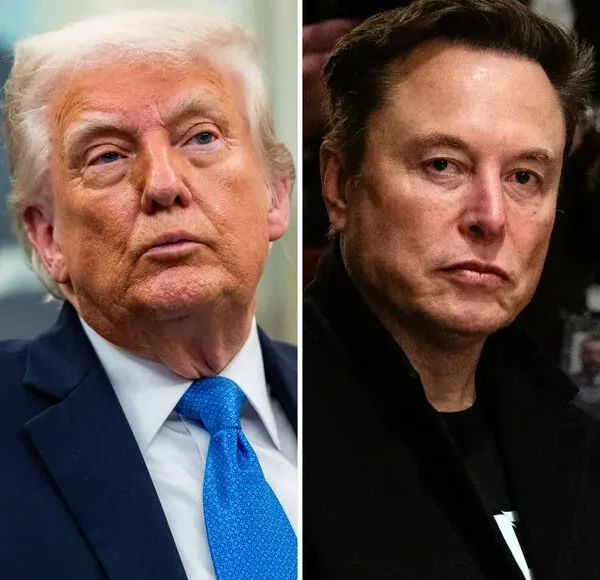In 2024, Elon Musk, the CEO of Tesla Inc., received no salary, making him the lowest-paid CEO among S&P 500 companies. This outcome stems from the invalidation of his 2018 performance-based compensation package, which was rescinded by a Delaware court due to concerns over fairness and board independence.
The 2018 package was designed to reward Musk with stock options contingent upon Tesla achieving specific market capitalization and operational milestones. Despite Tesla’s significant growth, the court found that the process leading to the approval of Musk’s compensation was flawed, citing his substantial influence over the board and the lack of proper negotiation.
In response, Tesla shareholders re-approved the compensation plan in June 2024. However, the court maintained its decision, emphasizing that shareholder ratification does not override the need for fair and independent board processes.
As of now, Musk continues to lead Tesla without direct compensation, while discussions about a new, equitable pay structure are ongoing. This situation highlights the complexities of executive compensation and corporate governance in high-profile companies.

















Leave a comment